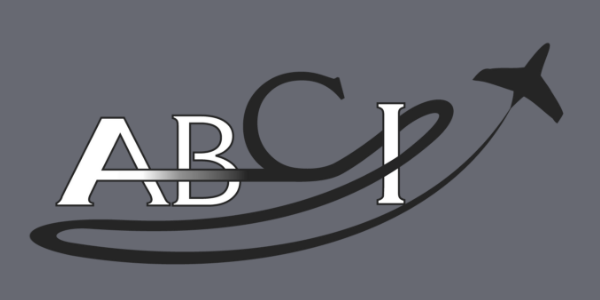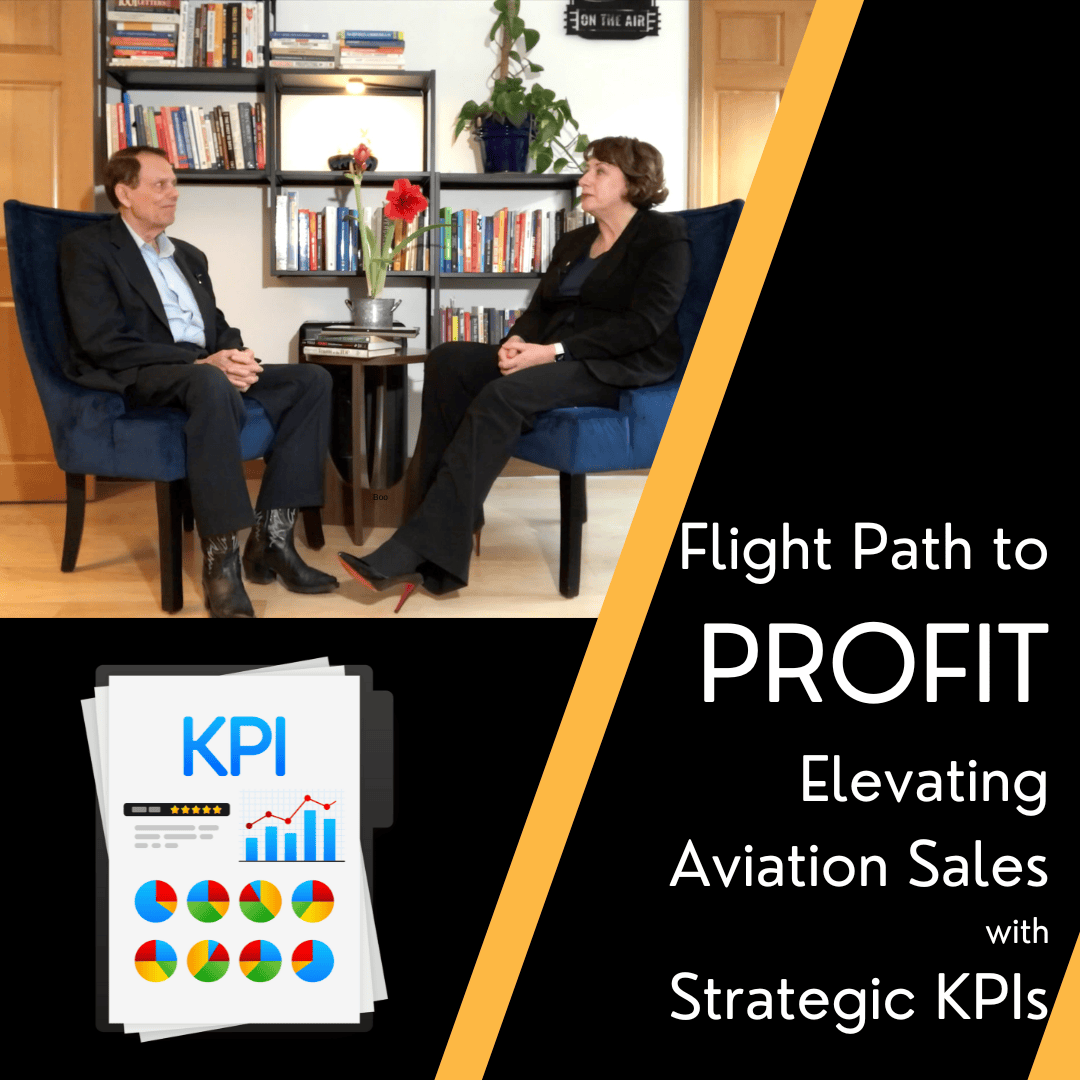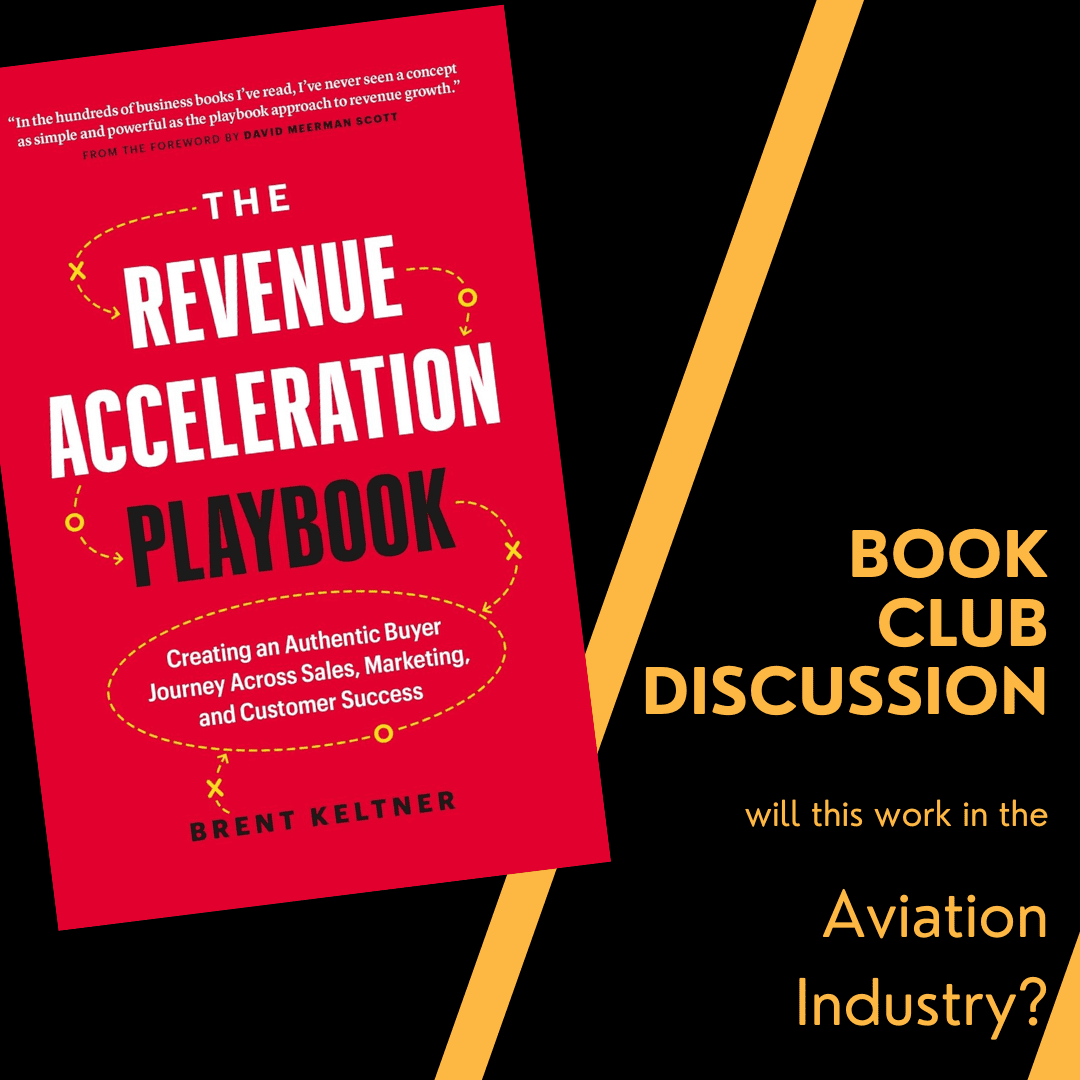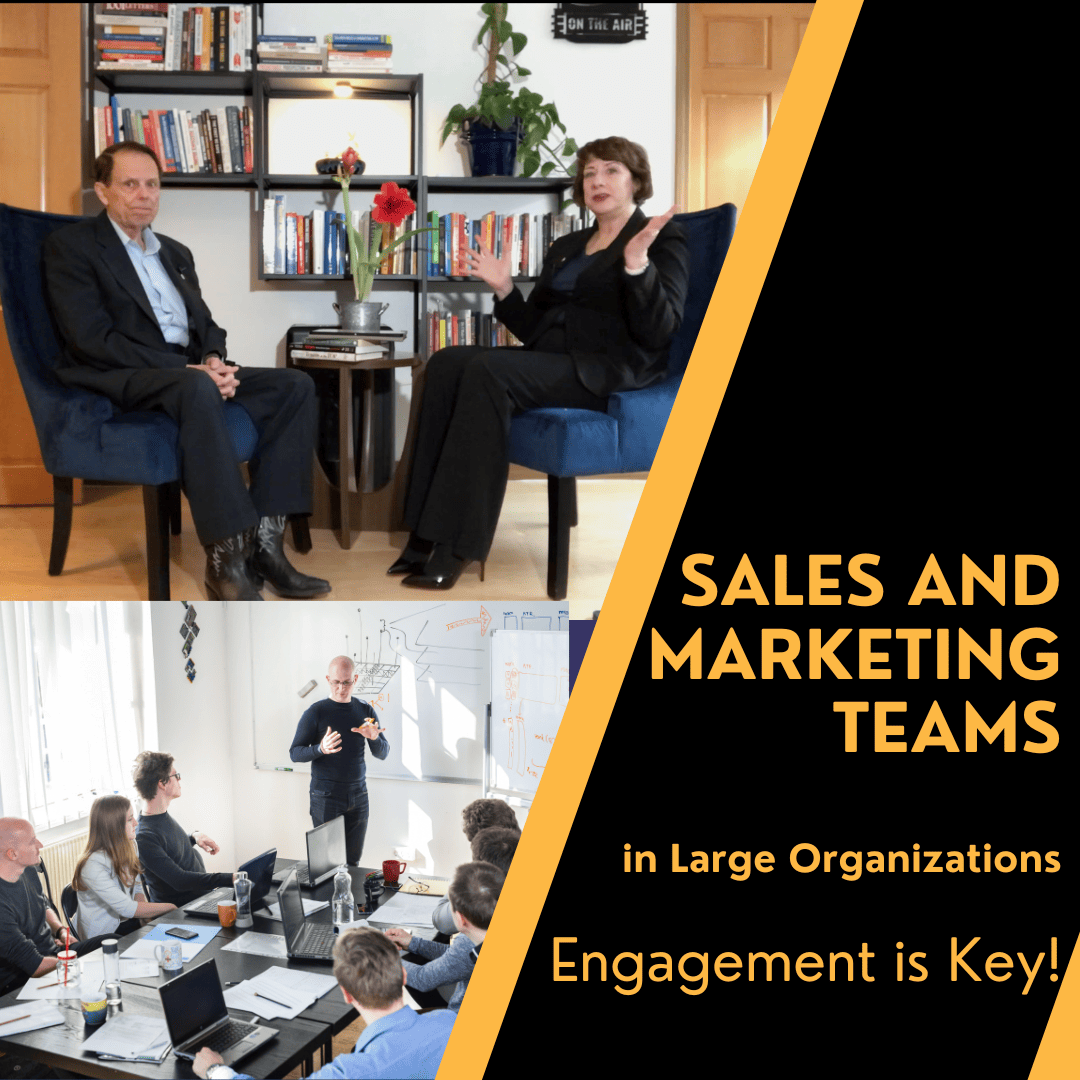 I talk with a lot of aviation consultants, tax, insurance, legal, operations and software folks.
I talk with a lot of aviation consultants, tax, insurance, legal, operations and software folks.
Since their expertise is what they “sell,” they are concerned that writing articles, brochures, books or blogs would be “giving too much away.” After all, if they answer people’s questions, potential customers won’t need to hire them, right?
I can see both sides of this argument and can offer a few suggestions . . .
Those in favor?
Giving away the right things, in the right amount, can be an excellent strategy in a competitive market. People who give things away get attention. Getting attention is the first step in getting the sale. Being known as a knowledgeable person requires “putting something out there.”
Those opposed?
There are companies that do “give away too much.” People tend not to value things or advice that they get for free. You’d believe a doctor who diagnoses your cough as bronchitis if you pay him $150 for a consultation. You probably wouldn’t believe the same doctor if he heard you cough in the grocery store and walked up to you in the canned soup aisle and gave you the same diagnosis. People believe that “free advice” is worth about what you pay for it. And the way it’s delivered also counts. If you don’t value the information you present, neither will your prospective client.
Companies had so many tchotchkies and pens left over after the NBAA convention in Atlanta that people suggested donating them to local schools. Corporate waste is not tolerated as it has been in years past, and those who indulge in wasteful practices are not seen favorably.
And the winner is – Strategic Generosity
We suggest being very strategically generous.
People flock to the restaurants of celebrity chefs, although many of them publish cookbooks or appear on cooking shows. Are great chefs concerned about giving away too much information? Not at all! They know that you can teach people (like myself) all day long, with pictures, video and writeup, how to make a chocolate souffle. I still won’t be able to make it taste or look as good as Julia Child could. And I’d spend a lot more time doing it, and probably spend a lot of money on wasted ingredients.
Most professional chefs have many years of experience, developing their skills. They have the right equipment, suppliers for the best ingredients, and the economies of scale to make a fantastic meal in their restaurant that can’t be duplicated. Their skill shows when they write or speak about it, but they are confident that they can do it better than the average person, who will try their recipes but still show up at their restaurant for the “real thing.” All the cooking shows, cookbooks and articles in food magazines do is ADD to their reputation and prestige.
I’m fully aware of the fact that many of the people and companies that read our articles or books are people who will try to do their own marketing, rather than hiring ABCI. That’s fine. Those are people that wouldn’t otherwise know about us, or who don’t have the budget to hire us anyway. But it is also possible that if I’m able to show them something about marketing that they’re able to use with good results, they’ll remember us. They might refer other people, and if and they’re really ambitious, they might eventually be able to hire us to do their marketing for them when they’re ready to take their business to the next level.
Marketing, like cooking, and like most other consulting work, is a complex skill. It takes time to find the right equipment and develop the right partnerships, and experience counts. Professional people know this, and are willing to pay for results.
We’ve spent enough time and have enough data to prove that what we’re “giving away” pays off for us.
People want to hire “the guy that wrote the book” on a particular subject. We sought out our current corporate attorney after John had read one of his books.
Writing a blog on your area of expertise is a great way of getting attention. If “giving too much away” is a concern, (and sometimes it is a very legitimate one!) we suggest writing “what” rather than “how” articles – a tax professional can write a blog article that tells people that they can deduct certain aircraft maintenance expenses without actually giving all the details of which forms to use and how to file them.
The More You Tell the More You Sell
David Ogilvy, the “King of Madison Avenue” suggested that making your perspective customer an expert on whatever you’re selling will get you a loyal, committed customer that will convince others as well. “The more you tell the more you sell,” he exhorted his writers.
This month’s Departures magazine had a lengthy article about how Italian fashion house Kiton makes its famous seven-fold ties. I doubt many people will go to the trouble of buying fabric and sewing their own ties, but many will BUY Kiton ties as a result of the article, they feel more comfortable spending money when they know something about what they’re buying.
Don’t Waste Marketing Money on the Wrong “Bait”
Dan Kennedy, a more modern direct advertising expert, gives the same advice. “You want to be outspending your competitors on marketing” he says. “That gives you the advantage – but use the right ‘bait’ or you’re wasting your money! You put a big block of cheese out there and what will you get? Rats!”
Spend your marketing money on things that are actually relevant to your product or service.
One NBAA attendee told me he a had met a fantastic magician and comedian at the conference –
“I remember he was able to tell this lady the name and breed of her dog without her volunteering any clues…He is into playing golf, so he had golf items he was giving away. Funny guy!”
He remembered all these details, and remembered the performer’s name, but he didn’t remember what booth the performer was in, or what product or company he was representing. Without that connection, any relevance or value that could have been achieved with that marketing investment has been lost. If the company’s intention was to capture the attention of prospective customers for their product or service, they apparently invested in the wrong “bait.”
Sending perspective customers a package of information, including expensive items like books and DVDs about the topic at hand, is better than spending the same amount of money and sending them a fruit basket or a nice pen. (Save the fruit baskets and nice pens to thank customers who refer other customers – another act of strategic generosity.)
The best test – is it working? If you’re spending a lot on giveways, free trials or providing consultation after consultation without getting paid for it, you need to rethink your strategy. Either you’re giving too much away or you’re not prequalifying your prospects well enough before lavishing your generosity on them.
Know your numbers. If you know the average total lifetime value of a customer who regularly buys your product or service, then you know exactly how much you can spend to acquire a new customer. If you can improve either your list of prospects or your conversion rate (the number of prospective customers who eventually buy) by giving something away within those numbers, by all means, do it!
.






Leave A Comment